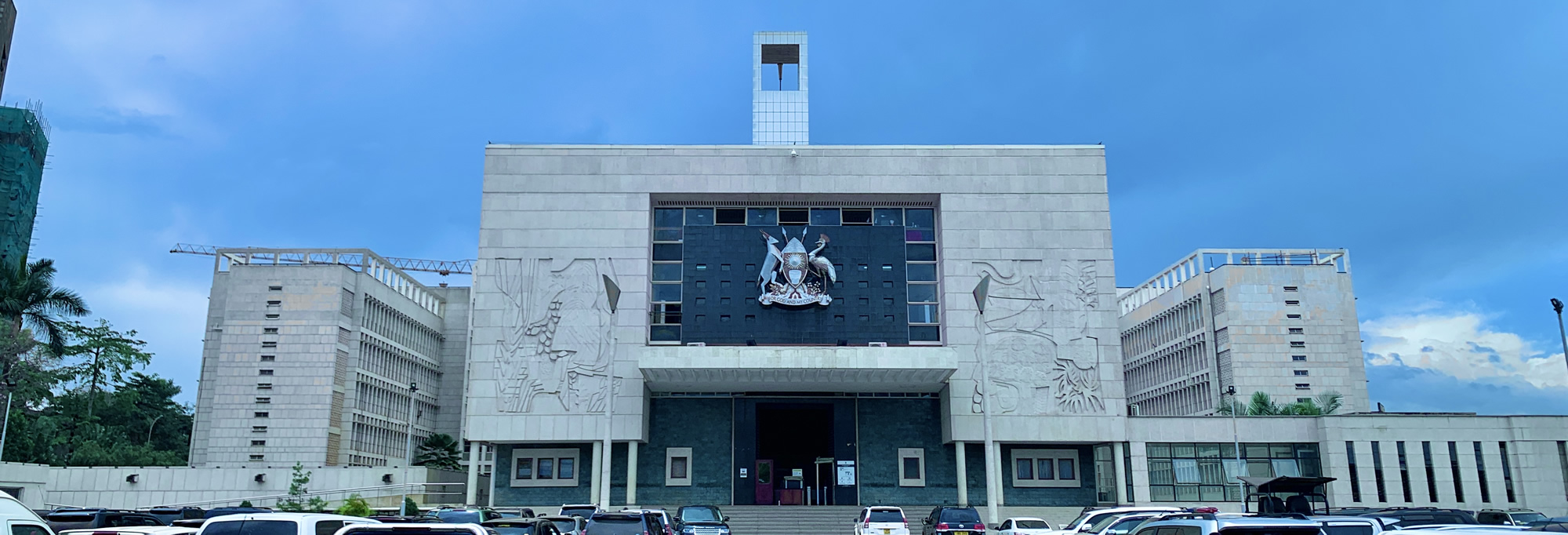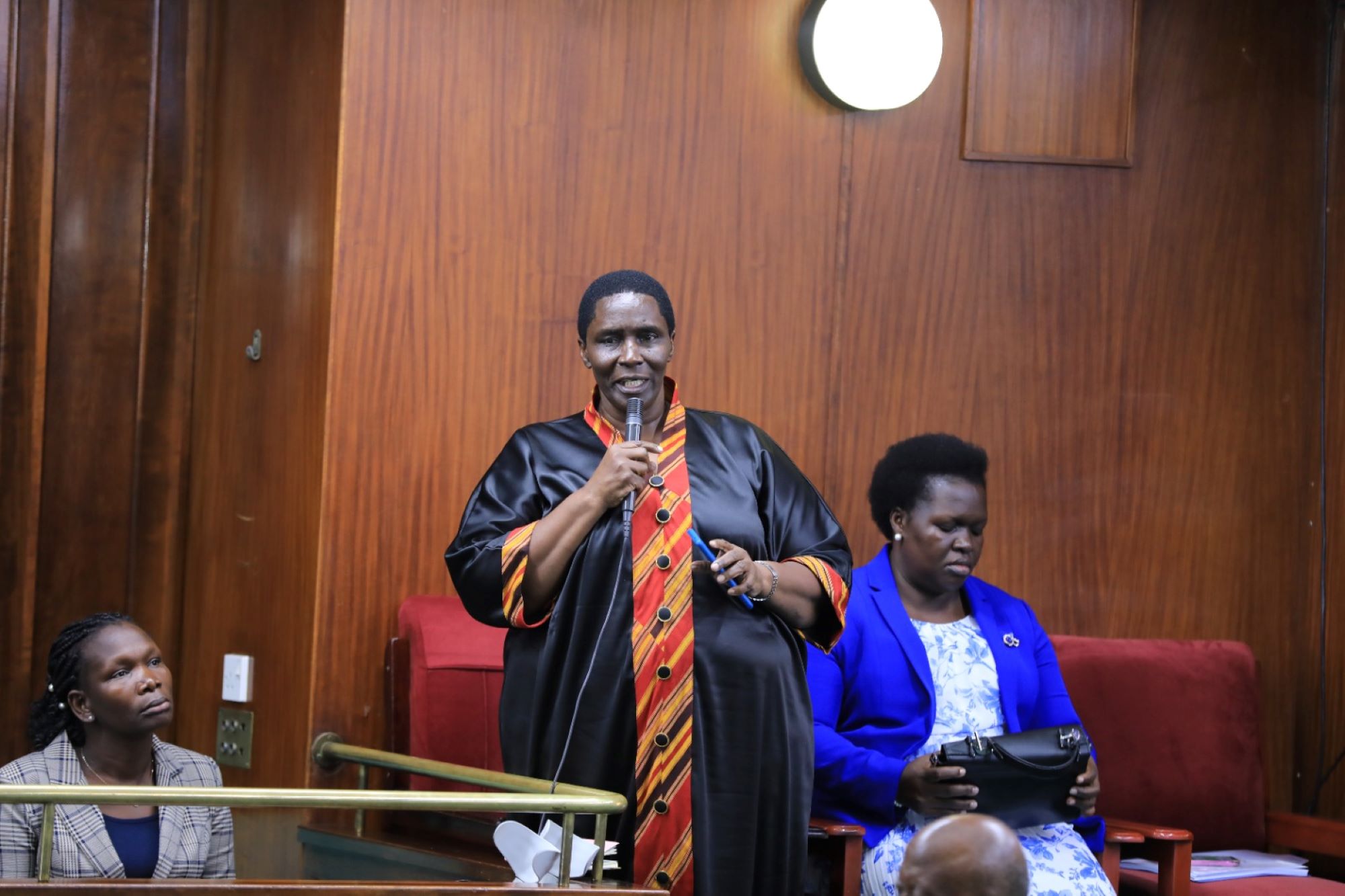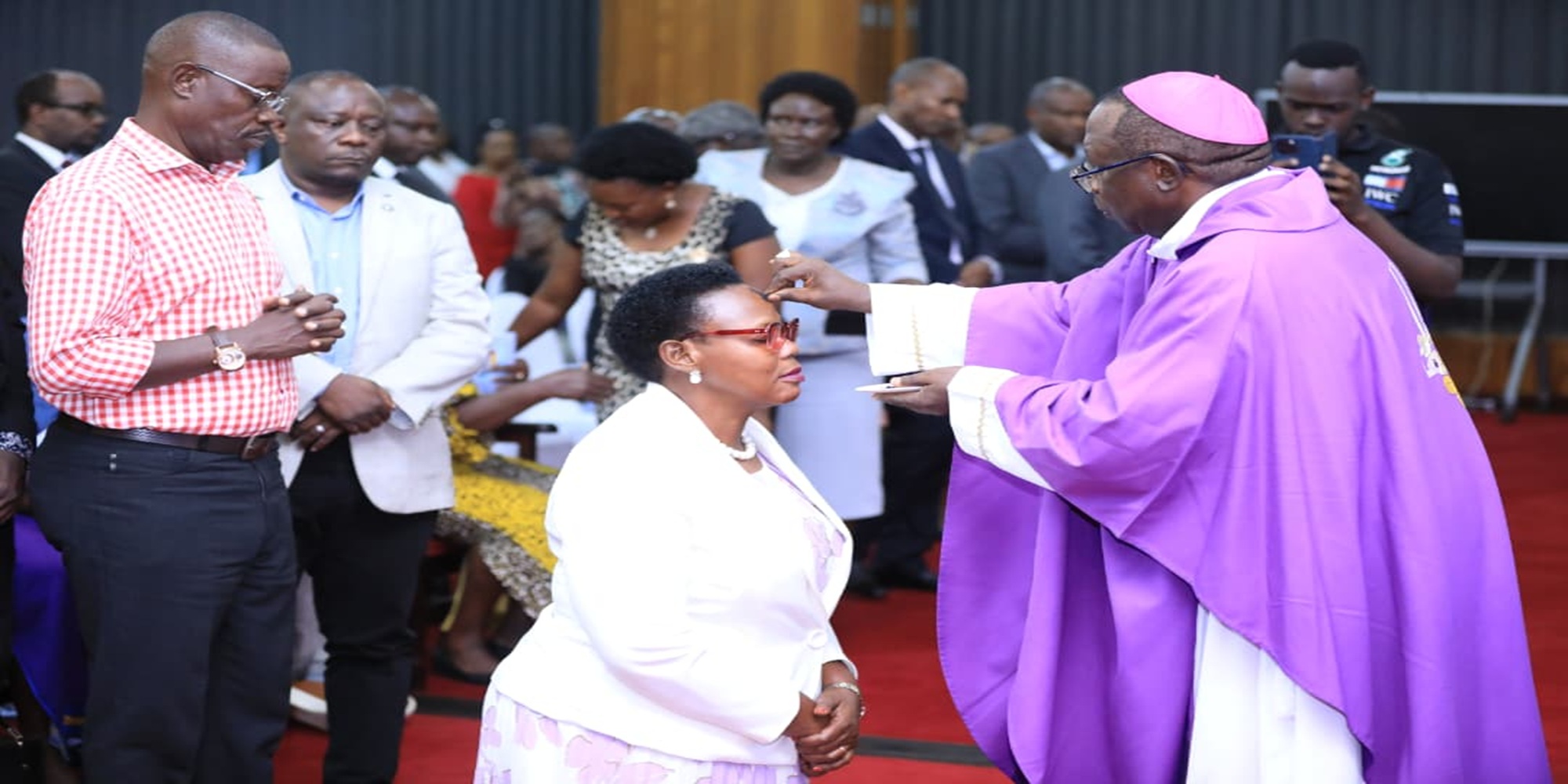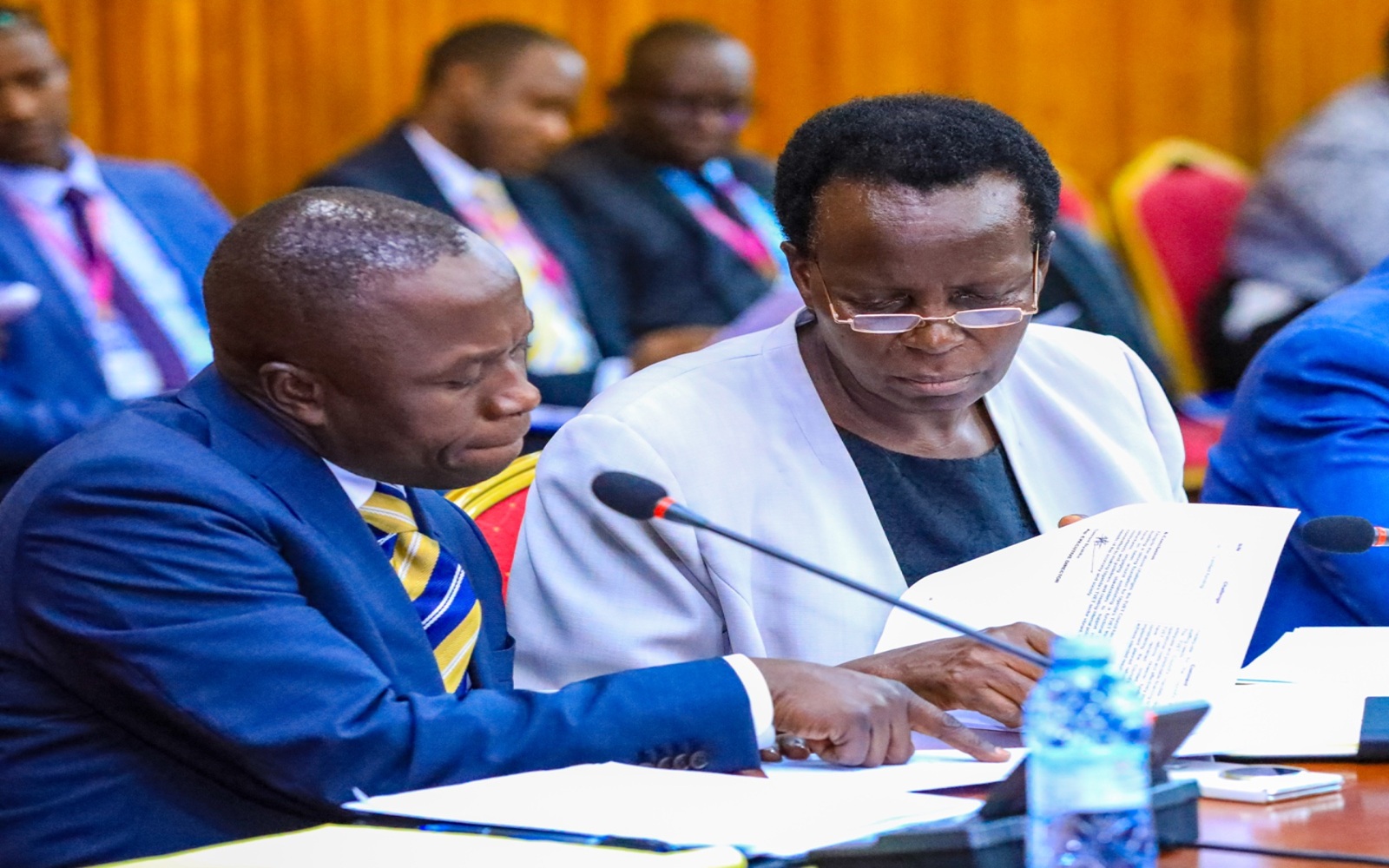Traceability of externalised labour in the Middle East is expected to improve following the establishment of a data base of migrant workers, the Ministry of Gender, Labour and Social Development (MoGLSD) has said.
Uganda has in the recent past experienced a surge in labour migration, particularly to the Middle East, with estimates pointing to over 165,000, according to the report of the Committee on Gender on the Ministry’s policy statement and budget estimates for the 2025/2026 financial year.
The report was presented by the Committee Chairperson, Hon. Agnes Kunihira, during plenary sitting on Thursday, 10 April 2025.
Responding to the report, the Minister of State for Gender (Disability Affairs), Hon. Hellen Asamo, said that whilst the data base is being set up, there is need for the Ministry of Finance, Planning and Economic Development to provide funds for the activity in the 2025/2026 financial year budget.
“We did not get the money to continue with the process in this financial year and we pray that it is provided so that we continue with the process,” said Asamo.
She however said that migrants who exit through porous borders, including Bugisu, Busia and Karamoja cannot be easily traced.
“Others stay abroad after their contracts end and it is not easy to track them, they need to come back and apply afresh,” Asamo said.
The Committee recommended that resources should be allocated to fast track implementation of a centralised database to track migrant workers, monitor their conditions abroad, and support reintegration upon return.
According to the Committee, the major challenges arise from workers being mistreated and abused, particularly in the Middle East.
“It should also be noted that some Ugandans are being illegally recruited for work making them vulnerable to trafficking and exploitation,” read the report in part.
The Minister said that to address such cases, a centre has been set up in the Ministry, wherein complaints are registered and followed up for redress.
“Two weeks ago, we launched an area where we shall be listening to the issues of migrants and staff have already been recruited,” said Asamo.
The Minister’s response followed a concern raised by Hon. Noeline Kisembo (NRM, Kibaale district) who made reference to a one Teddy Namata from Kibaale Town Council, whom she said died in Saudi Arabia.
“She went to work there in 2022 but the company that processed her travel has since closed. At the moment the family is grappling with repatriating the body and need Shs16 million. I pray that the Ministry puts in place the migrant worker’s support fund, as recommended by the committee,” Kisembo said.
Deputy Speaker, Thomas Tayebwa, encouraged the Ministry to negotiate for the minimum income rate for migrant workers.
“I have met very many of our migrant workers in Dubai and they told me that as a government, we need to negotiate. They gave me an example of Kenya and they said that the government there negotiates for its citizens and they earn more than Ugandans, “he said.
He also advised government to take advantage of international organisations which have positions ring fenced for African countries.
“We have positions we are losing out on international organisations. I know of countries that negotiate and lobby for their citizens, we need to look at this deeply,” Tayebwa said.
Hon. John Faith Magolo (NRM, Bungokho County North) said that the Ministry of Gender should develop a national diaspora policy, which will track migrant workers and the revenue remitted back home.





